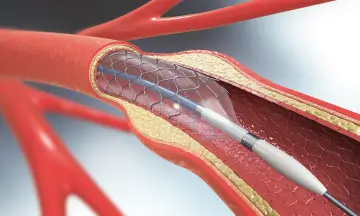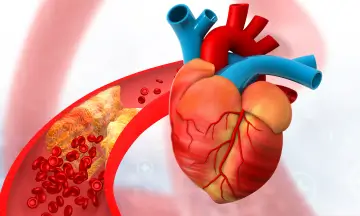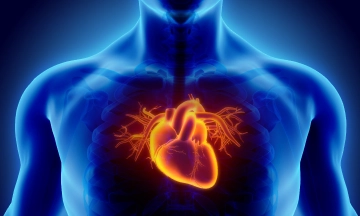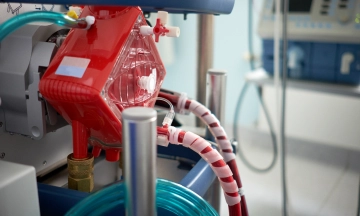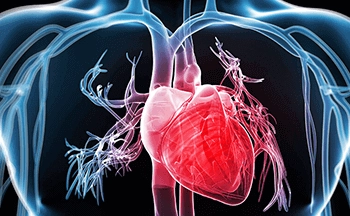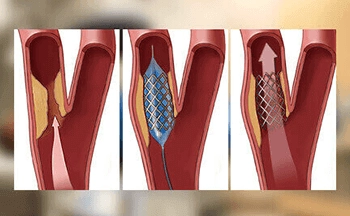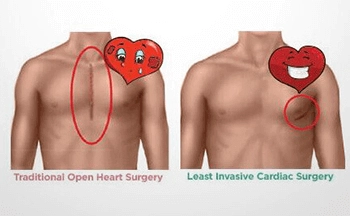
Heart failure is a serious and potentially life-threatening condition that affects millions of people worldwide. It occurs when the heart becomes weakened or damaged, leading to an inability to pump blood efficiently throughout the body. Understanding the causes, symptoms, treatment options, and lifestyle modifications for heart failure is crucial for managing this chronic condition effectively and improving quality of life.
What is Heart Failure?
Heart failure, also known as congestive heart failure, occurs when the heart becomes weakened or damaged, leading to a reduction in its ability to pump blood efficiently. As a result, fluid can build up in the lungs, abdomen, legs, and other tissues, causing symptoms such as shortness of breath, fatigue, and swelling.
Causes of Heart Failure
Heart failure can develop due to various underlying conditions and risk factors, including:
- Coronary artery disease (CAD): Blockages in the coronary arteries can lead to heart muscle damage and weaken the heart's pumping ability.
- Heart attack (myocardial infarction): A heart attack can cause permanent damage to the heart muscle, leading to heart failure.
- High blood pressure (hypertension): Long-term uncontrolled high blood pressure can strain the heart and contribute to heart failure.
- Cardiomyopathy: Diseases of the heart muscle can weaken the heart over time.
- Heart valve disorders: Malfunctioning heart valves can affect blood flow and lead to heart failure.
- Congenital heart defects: Structural heart defects present at birth can contribute to heart failure later in life.
Symptoms of Heart Failure
The symptoms of heart failure can vary depending on the severity of the condition but commonly include:
- Shortness of breath (dyspnea): Especially during physical exertion or when lying flat.
- Fatigue and weakness: Feeling tired or weak, even with minimal activity.
- Swelling (edema): Fluid retention in the legs, ankles, feet, or abdomen.
- Rapid or irregular heartbeat: Palpitations or a sensation of heart racing.
- Persistent cough or wheezing: Especially when lying down due to fluid accumulation in the lungs.
- Decreased exercise tolerance: Inability to perform usual activities without fatigue or shortness of breath.
Diagnosis of Heart Failure
Diagnosis of heart failure typically involves a combination of medical history, physical examination, imaging tests (such as echocardiogram), and laboratory tests (such as blood tests).
Treatment of Heart Failure
Treatment for heart failure aims to improve symptoms, prevent disease progression, and enhance quality of life. Common treatment approaches include:
- Medications: Such as ACE inhibitors, beta-blockers, diuretics, and aldosterone antagonists to reduce strain on the heart and manage fluid retention.
- Lifestyle modifications: Including dietary changes (low-sodium diet), regular exercise within recommended limits, smoking cessation, and limiting alcohol intake.
- Implantable devices: Such as pacemakers or implantable cardioverter-defibrillators (ICDs) to regulate heart rhythm and prevent sudden cardiac arrest.
- Surgical interventions: Such as coronary artery bypass grafting (CABG) or heart valve repair/replacement for selected cases.
Managing Heart Failure through Lifestyle Changes
In addition to medical treatment, lifestyle modifications play a crucial role in managing heart failure and improving outcomes:
- Follow a Heart-Healthy Diet: Emphasize fruits, vegetables, whole grains, lean proteins, and limit saturated fats, cholesterol, and sodium.
- Monitor Fluid Intake: Limit fluid intake to prevent fluid overload and swelling.
- Engage in Regular Physical Activity: Follow an exercise plan tailored to individual abilities and limitations, aiming for a balance of aerobic and strength-training exercises.
- Monitor Weight: Regularly weigh yourself to detect sudden weight gain, which may indicate fluid retention.
- Quit Smoking: Smoking can worsen heart failure symptoms and increase the risk of complications.
- Manage Stress: Practice relaxation techniques such as deep breathing, meditation, or yoga to reduce stress and anxiety.
Conclusion
Heart failure is a complex and chronic condition that requires ongoing management and care. By understanding its causes, recognizing early symptoms, and adopting a comprehensive treatment plan that includes medications, lifestyle modifications, and regular medical follow-up, individuals with heart failure can achieve a better quality of life and reduce the risk of complications.
It's important for patients with heart failure to work closely with their healthcare team to optimize treatment, monitor symptoms, and make informed decisions about their care. With proper management and support, individuals with heart failure can lead fulfilling lives and maintain overall cardiovascular health. Ongoing research and advancements in treatment continue to improve outcomes and offer hope for a better quality of life for those affected by heart failure.









